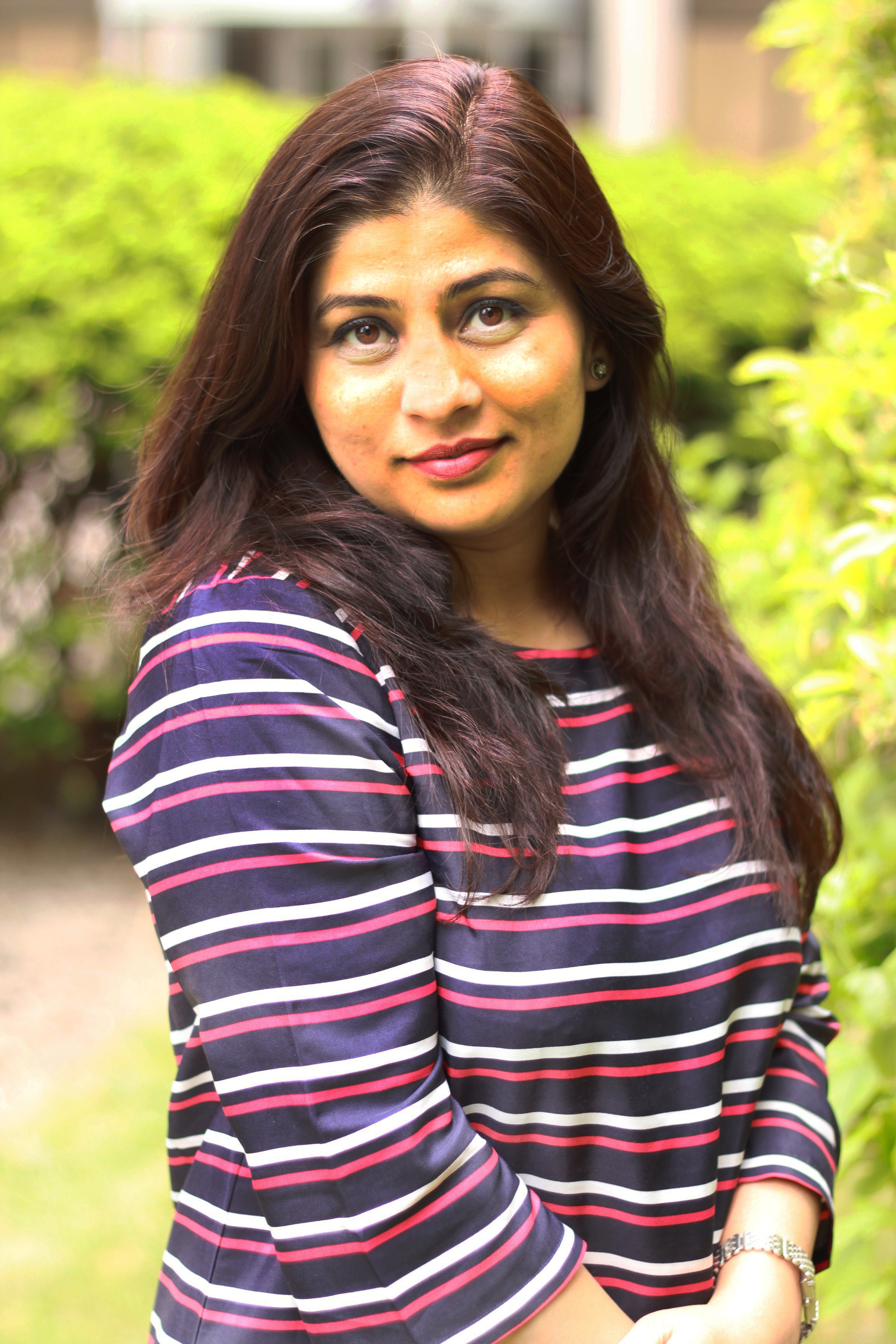
Deepa Mattoo is the latest recipient of the Community Leadership in Justice Fellowship from the Law Foundation of Ontario, a non-profit organization that funds other groups to provide education and initiatives on access to justice.

Mattoo, the current director of legal services at the Barbra Schlifer Commemorative Clinic, says that while she’s very excited for this opportunity to conduct research around the relationships between race, gender and immigration status under this year-long fellowship, she also feels “very humbled.”
During her time as a fellow, Mattoo’s research will specifically focus on racialized women who have precarious immigration status, as they face violence and barriers in accessing supports and legal services. She’ll team up with the University of Toronto’s Factor-Inwentash Faculty of Social Work, academics from the law and sociology faculties and the Rights of Non-Status Women Network for this undertaking.
“The goal of this project is to create a network of individuals who would work with me in reviewing the intersectionality, but to also create solid tools for service providers to provide services and assistance to the women who are going through these experiences of violence and going through the experiences of precarious immigration,” she says.
She adds that there’s a need for “sensitivity toward the service delivery models for women” when it comes to legal assistance and to look at “frameworks and understand the gaps” that exist in Canada’s Immigration and Refugee Protection Act.
According to Mattoo, many racialized women who have precarious immigration status, meaning their status as a Canadian citizen or permanent resident is uncertain, don’t feel safe accessing the justice system because they fear deportation.
“Access to justice should ideally be rooted in the concept that [legal help] should be available to everyone, regardless of who they are and what their experiences are, whatever their citizenship is,” Mattoo says. “It’s not just about having the conduit to go to the legal system. It’s also about having the capacity to even think about what my rights are … sometimes even women without immigration status can’t even think of their citizenship rights. They can’t even think that they have access because of the inherent barriers, which are existent in our systems.”
Toward the latter portion of the fellowship, in the spring, Mattoo will offer workshops to share the results and tools of the study with law and social work students, settlement workers, lawyers and key agencies in Ontario that assist with non-status immigrants.
“I’m not the first one who’s doing this work and I’ll also not be the last one doing this work,” says Mattoo. “I’m a small fish in a big sea.”